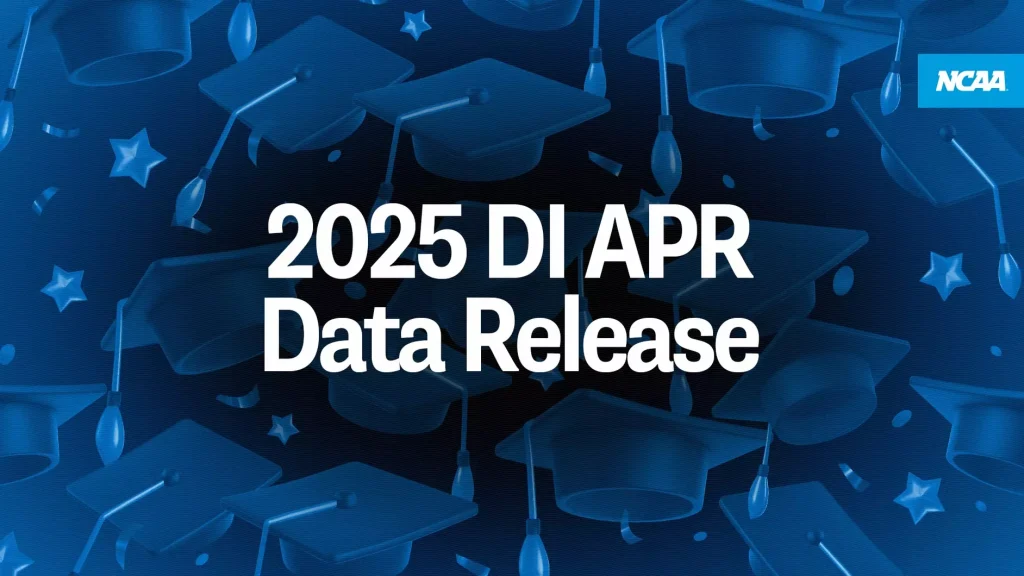The New Game Plan: What the Latest Academic Score Means for You

You hear a lot about your team’s stats, but there’s one number that matters just as much as your win-loss record: the Academic Progress Rate (APR). It’s the NCAA’s way of tracking how well your team is doing in the classroom, and the latest numbers are a big win for student-athletes across the country.
The national four-year APR for Division I teams has held steady at 984 for the fourth straight year. This isn’t just some random number; it’s a team score that reflects how many of your teammates are staying on track to graduate and remain with your program. Every term, you earn a point for your team if you stay academically eligible and another for staying in school.
So, what does this mean for you?
- Your hard work is paying off: The national average for men’s basketball is a 968, baseball is at 979, and women’s basketball is at 982. These are some of the highest numbers we’ve seen, and they prove that the commitment you put in on the field or court is matched by your dedication in the classroom.
- Your team is in the clear: The NCAA requires a minimum APR of 930 for teams to be eligible for postseason competition. Your team is performing well above that benchmark, so you don’t have to worry about an academic penalty keeping you from the postseason.
- You’re part of a bigger story: Over the past two decades, nearly 22,000 former student-athletes have gone back to school to finish their degrees. This is a testament to the NCAA’s commitment to your academic success and shows that your journey doesn’t have to end on graduation day.
As Dave Schnase, NCAA vice president of academic and membership affairs, said, “What remains unchanged is the academic success of student-athletes.” You are part of an elite group of young adults who are not just dominating your sports but also setting records in the classroom.

